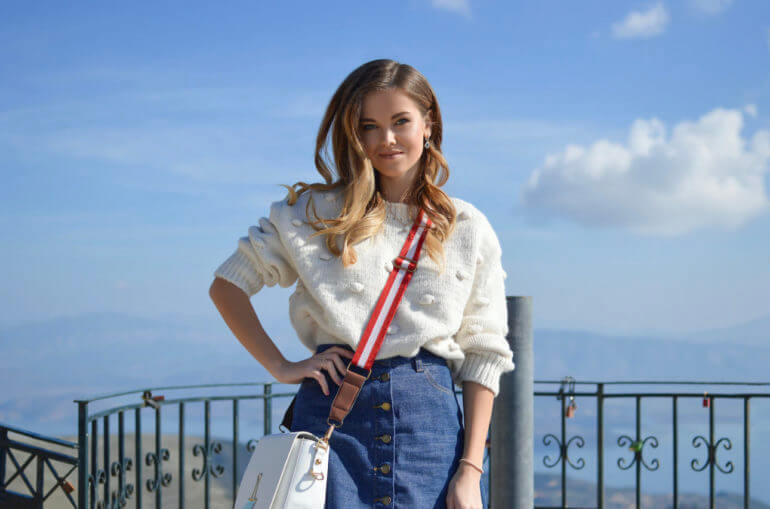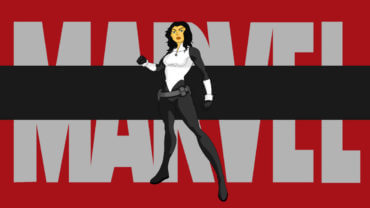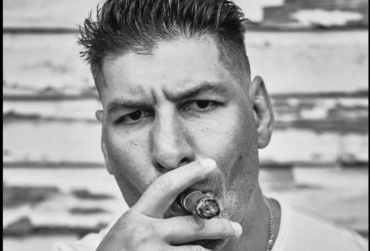
In Response To Vogue’s “Torah-Teacher Aesthetic”
Why Are Long Skirts Only Fashionable Outside of a Jewish Lens?
When I was becoming more Jewishly observant, one of the last things I gave up were my jeans. While some girls were happily tossing theirs overboard, I held tightly onto mine. For so long, they were me.
After a trip to Israel I went on in the winter of 2016 though, I decided I was going to give skirts a try — fully. I was already wearing them during the week at work and now felt an even closer pull toward my Jewish identity. I had taken on observing Shabbat and kashrut and this aspect of dress felt like the natural next step.
You know how sometimes people say to put on a smile before you’re happy, because that smile, in turn, will make your internal mood match your sparkling exterior? That’s what happened here. Before long, skirts started to match my identity. I became more connected to my spirituality and a modest look — wearing skirts and shoulder-covering shirts — became my uniform.
Now, this in no way means that’s how everyone connects to Judaism. Many people are deeply connected to Torah and still wear pants and tank tops — some of them are my best friends. At the same time, for many, the modest look is an identifiable way to show that you’re more religious in the Jewish world.
–
When I read Vogue’s latest piece on the “Torah-Teacher Aesthetic” being in fashion, I was honestly elated. Seeing more positive Jewish representation in Vogue? That’s just what we need right now, especially amid all the rising antisemitism.
As I read through the article though, my excitement dwindled. I felt like the writer was talking about the “Torah-teacher aesthetic” as a chic way to dress that’s currently in style, and while it’s reminiscent of her religious high school days, she only wants to wear these outfits because they’re not connected to religion anymore.
I can’t speak to this writer’s personal journey with Judaism. She could be deeply connected to her Judaism or not, and that’s not for me to know or have an opinion about. From the article though, it’s clear that she’s in a place now where she doesn’t connect to that way of dress for the modest values it explores, rather is only interested in it from a fashion approach.
“Torah-teacher aesthetic is not a trend so much as a puzzle: How can it be channeled without making its wearer look like someone who is running a few minutes late to Talmud class?” She writes.
“It’s a code, the barest nod to the other survivors of triple Talmud periods and rabbinic judgment. Look at us now. The allure of Torah-teacher aesthetic is that we choose it.”
For her, it seems like “Torah-teacher” dressing is almost an act of rebellion, which is just a bit disheartening. Instead of speaking about dress from a place of what it’s not, and distancing herself from the religion and identity it comes from, it would be so nice to write about it from what it also represents — the beauty of a Torah lifestyle and how wonderful that the fashion world is actually celebrating that right now.
–
It’s the perspective I want to offer here. When I gave up my jeans, I was working as an editor at People StyleWatch and surrounded by the most fashionable people. At the time, I was working to make modesty feel like me — and I did.
Every day, I sported a skirt and top combo, bringing God into my closet with me, to present myself to the world as the woman I wanted to be.
For me, dressing modestly wasn’t something to be ashamed of or to get away from for the fear that I was going to be looked down upon. Although, if I’m being totally honest, I did sometimes have that fear and had to work to overcome it. I pushed myself and spoke to others who walked this road before me to affirm that actually, being spiritually connected and a representative of Jewish values is cool.
–
Recently, I went to a talk with Fashion Designer Joyce Azria (JITC All-Star), of BCBG, the daughter of the famed Max Azria. She too, went on a spiritual journey, becoming more religious. She, like I do too now, covers her hair with a wig or scarf outside of her home. She spoke about how when she puts on her “sheitel,” as the wig is often called, she feels like she’s crowning herself. She’s a daughter of Hashem (God), and she wears it with pride.
It’s a representation I would love to see more of in mainstream media. We want to see people wearing their Jewishness proudly, not feeling like they need to assimilate because “Torah-teacher” dressing — when it actually relates to the Torah — isn’t cool.
Again, I want to reiterate that I’m not criticizing this woman’s lifestyle. She is entitled to her journey. I just wish the opportunity was taken to speak about Orthodox Judaism from a place of beauty, instead of filtering it through a lens of disdain.
The secular world is overly saturated with stories on the negativity of Orthodox Judaism. This Vogue story may seem innocuous, but in reality, it’s the lesson between the lines that nestles itself in readers’ brains. It continues to perpetuate the notion that Orthodox Judaism is something to steer away from.
“Miuccia Prada could be a practitioner if she were a smidge less elegant.”
The amount of Orthodox Jewish women I know who dress modestly and are the most elegant are too numerous to count. Reversing negative stereotypes can go way deeper, even just by speaking about the clothes on our bodies.
–
When I was at StyleWatch, I once had to model a pair of white skinny jeans. I kind of freaked, TBH. I had already taken on wearing skirts fully and while I may preach being loud and proud about owning your religious Judaism, I was more nervous at the time. I set out to find a way to make it work. I ended up wearing a checkered dress from H&M over them — in what I deemed as my very own “modest chic,” and you know what, it worked.
Now, as a mom, the outfits I throw on in the morning have more of a comfy than cute focus (although I still strive for both!!) but the internal core remains. I choose my outfit every day that moves within the lines of Orthodox Judaism because I love presenting myself to the world as an Orthodox Jew. It’s a lifestyle that’s given me so much meaning, support and true internal light that can’t be faked.
The article writes:
“And I said, ‘If I had had a teacher who looked like this, I would have come out a long time ago.’ Like, that’s the Torah teacher who would have kept me in Hebrew school.”
I promise you there are Torah teachers out there like that. I have met women who radiate so much light from the inside that the clothes that adorn their bodies are just the “picture frame.”
(You know, as one of my Torah teachers once described).
If you found this content meaningful and want to help further our mission through our Keter, Makom, and Tikun branches, please consider becoming a Change Maker today.








1 comment
Sort by
YES! I’m a woman who follows a different religion, and often find it disheartening how modest styles are only considered fashionable when worn by a secular woman. The elegance and beauty of honoring God with your dress can’t be overstated in my opinion. All of the best-dressed people I know are religious!